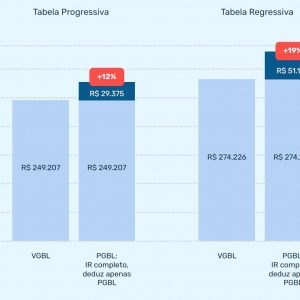It’s not joke that no one wants to be audited. Because it is a serious thing knowing how long your tax return can be attacked is important.
Traditionally, the primary IRS statute of limitations was three years however, there are many exceptions that give the IRS six years or longer. That’s right…or longer.
The three years is doubled to six if you omitted more than 25% of your income. For years, there was a big debate over what it means to actually omit income from your return. Taxpayers and some courts said “omit” means leave off, as in don’t report at all but the IRS said it was much broader.
Several of those exceptions are more prevalent today, and one of them has gotten bigger, despite a decision by the U.S. Supreme Court.
Six years can be a long time. The time periods can be even longer than six years in some cases. The IRS has no time limit if you never file a return. So this is one of the reasons you should always file. For unfiled tax returns, criminal violations or fraud, though, the practical limit is usually six years.
So make sure you get that return in.
Another very scary rule is that the IRS can audit forever if you omit certain tax forms. Plus, once an assessment is made, the IRS collection statute is typically 10 years. In some cases, the IRS can go back 30 years. In Beeler v. Commissioner, the Tax Court held Mr. Beeler responsible for 30 year-old payroll tax penalties.
For all these reasons, it pays to know how far back you can be asked to prove your income, expenses, bank deposits and more so that you can retain these records.
It is pretty common for the IRS to say it needs more time to audit. The IRS will ask you to sign a form extending the statute of limitations, usually for a year. Of course you do have a choice in signing the document. Most tax advisers tell clients to agree, however like anything else, you should get some professional advice about your own situation because in your case, it might not be the right move. You may be able to limit the time or scope of the extension if you don’t sign the form and only a professional can tell you that.
For all these reasons (and more), be careful and keep good records that are well organized. You should keep copies of your old tax returns forever. That’s right, forever. But after a time–many people say seven years–you should be able to throw out records and receipts but this is not always true.
It honestly depends on the type of records. For instance, improvements to property that go into your basis, are exceptions. If you remodel your kitchen and sell your house 20 years later, the receipts for your remodeling job are still relevant to your tax return. So know what you need to keep and when in doubt, keep it all.





